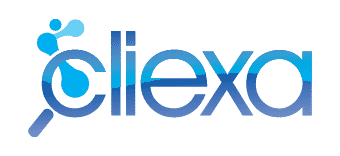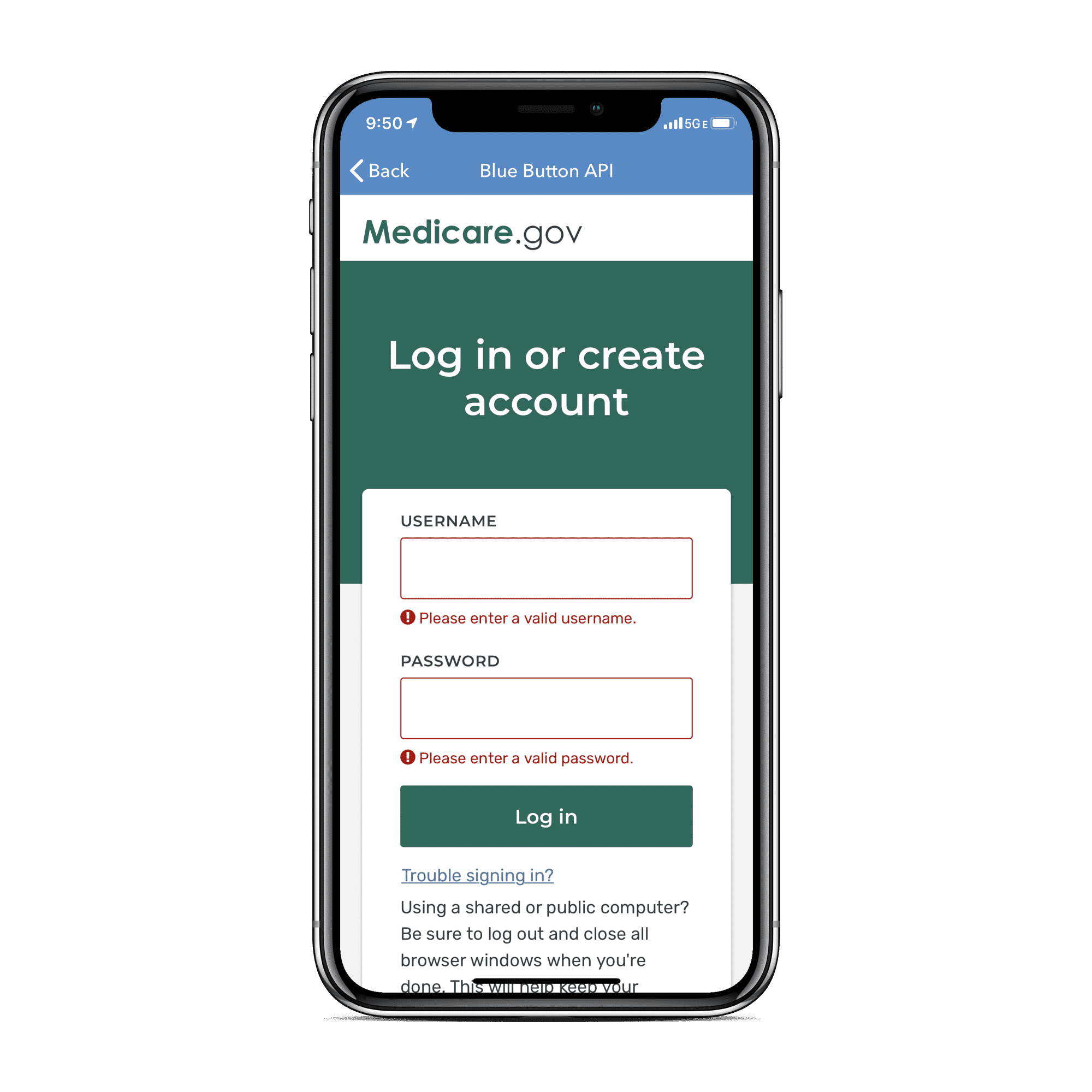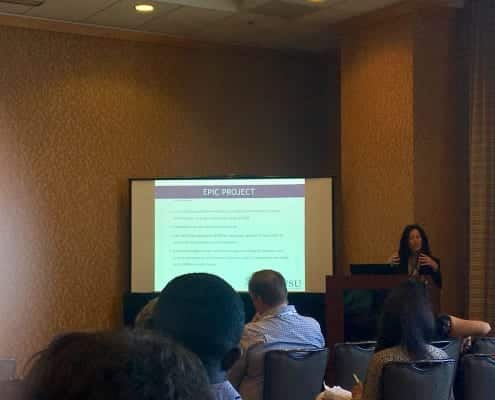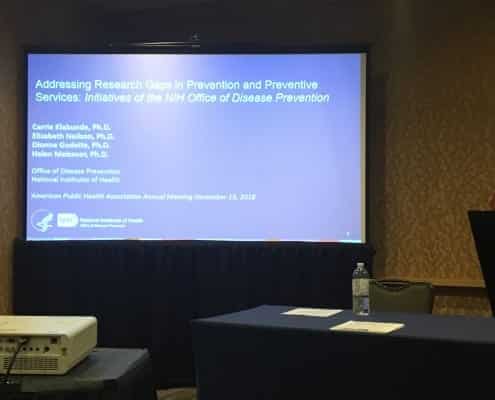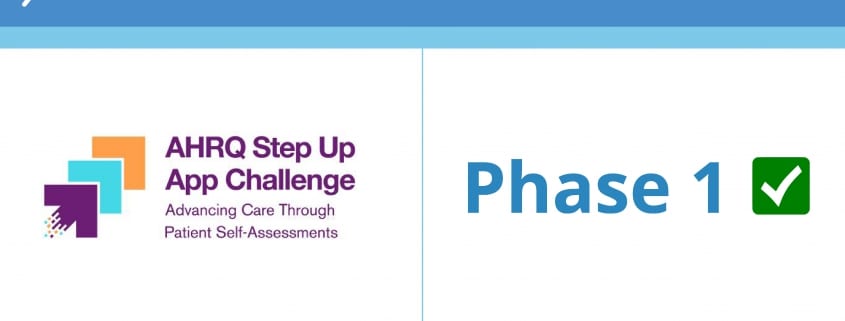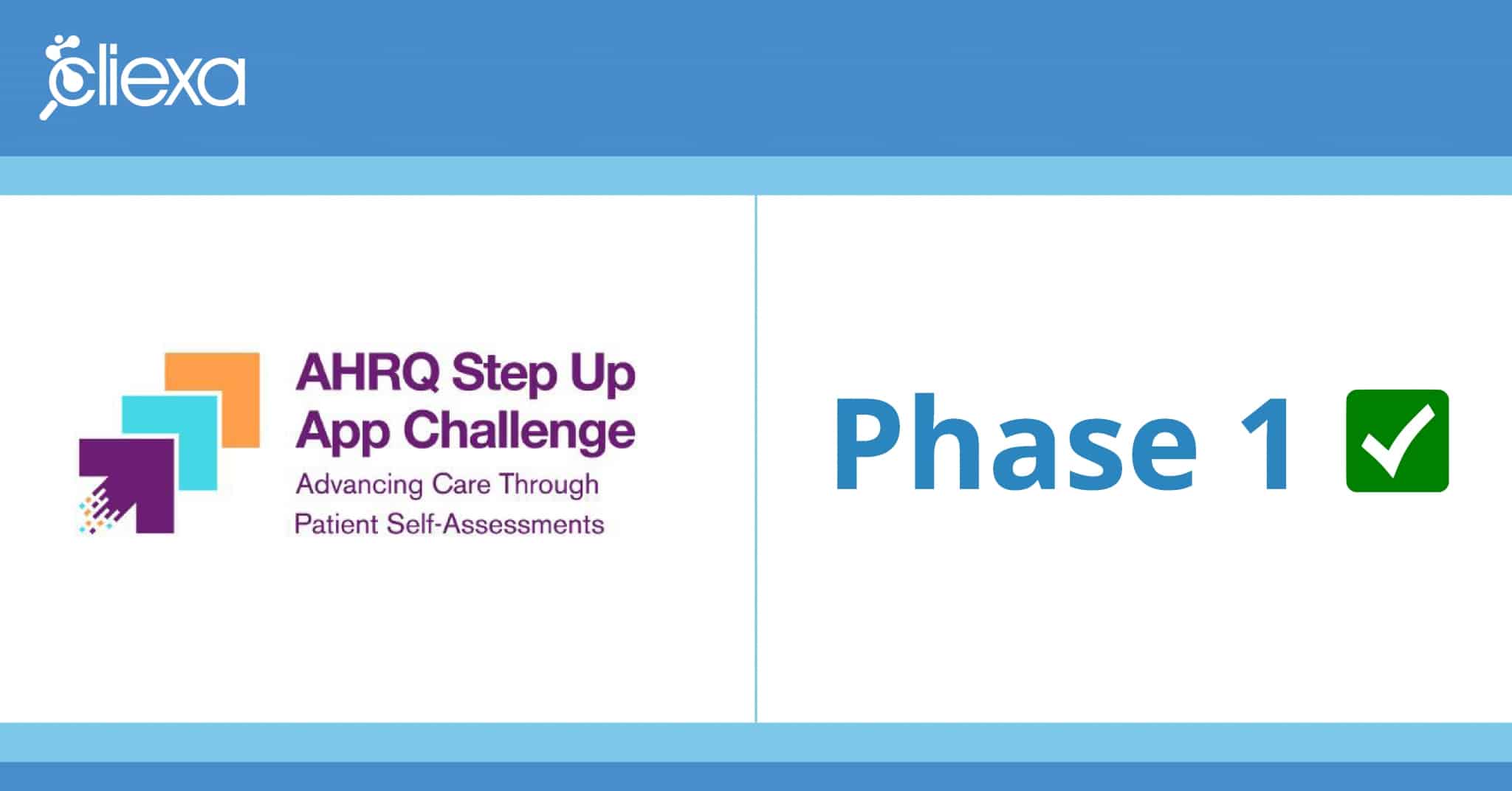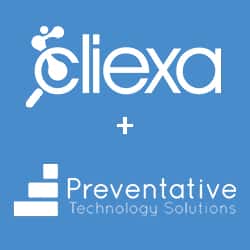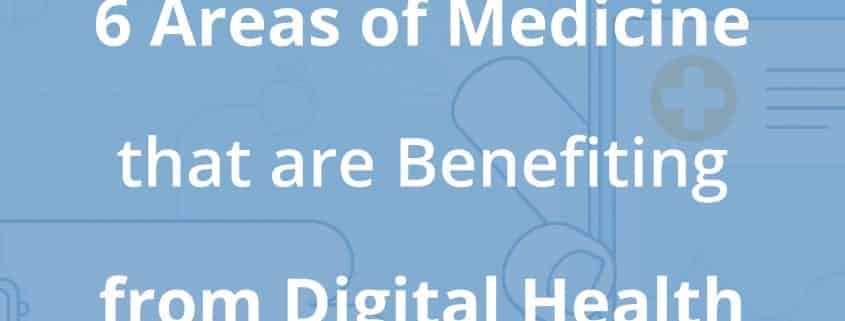cliexa’s hard work and commitment to improving our country’s healthcare systems has been recognized by the Office of American Innovation (OAI) for our advancements within the industry. The OAI, appointed by President Donald J. Trump, and led by Jared Kushner, has invited cliexa to attend the 2019 White House Blue Button Developers Conference in Washington, D.C. on Tuesday, July 30th at the Eisenhower Executive Office Building. We are humbled and honored to receive this invitation. We are looking forward to connecting and potentially collaborating with policymakers, technologists, and medical experts to advance the sharing of medical information through mobile technology.
We are one of the few technology vendors who have successfully enabled the Center for Medicare and Medicaid’s (CMS) Blue Button 2.0 API into our software platforms. According to CMS’s website, the Blue Button 2.0 API is a “developer-friendly, standards-based API that enables Medicare beneficiaries to connect their claims data to the applications, services and research programs they trust.” This API enables patients to sync their Medicare accounts to our applications and bi-directionally share the information, specifically claims data, to their providers, and care teams.
With this information, there are a variety of potential outcomes from leveraging this data, including streamlined documentation and the secure exchange of patient information which can lead to uncovering new insights about patients’ health status and increasing time for face-to-face interactions between patient and provider.
Our first use case for this API was in our application, cliexa-EASE, designed for the Department of Health and Human Services‘ Agency for Healthcare Research and Quality‘s Step-Up App Challenge. With this build, we were selected as one of the three winners of this challenge. The goal of the challenge was to develop an application that simplifies the process of collecting, interpreting, aggregating and sharing patient-reported outcomes (PRO) data related to physical function outcomes. Using the Blue Button 2.0 API, patients could connect Medicare accounts to our platform and share their claims data directly to the health systems’ electronic medical record system. Other functionalities including the connection and aggregation of data from IoT and wearable devices, electronic medical record systems paired with custom, mobile clinical assessments.
To learn more about the Blue Button 2.0 API, and the Blue Button Developers Conference, visit //bluebutton.cms.gov/
